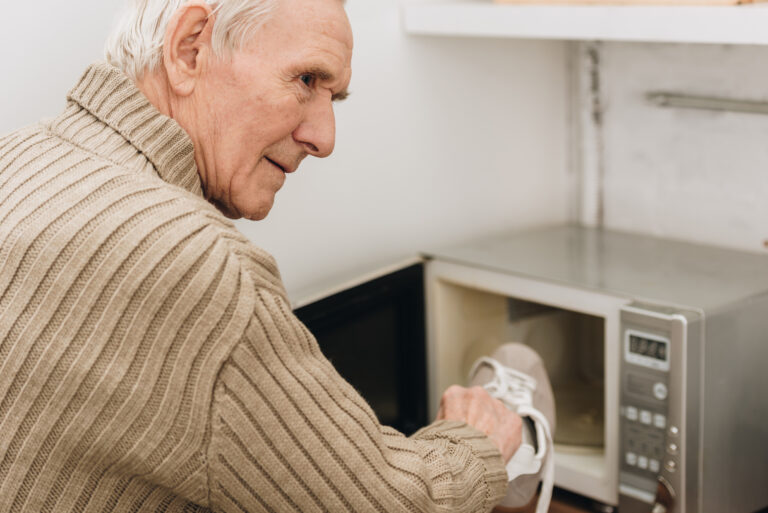When it comes to deciding whether to eat after cardio sessions, there are several factors to consider, including your fitness goals, nutritional needs, and overall health. Cardio exercises, such as running, cycling, or swimming, are excellent for improving cardiovascular health and burning calories. However, they also deplete your body’s energy stores and can cause muscle fatigue. Therefore, post-workout nutrition plays a crucial role in recovery and maximizing the benefits of your exercise routine.
### Why Eat After Cardio?
Eating after cardio is essential for several reasons:
1. **Replenishing Energy Stores**: Cardio exercises use up your body’s glycogen stores, which are the primary source of energy for your muscles. Consuming carbohydrates after a workout helps replenish these stores, ensuring that your muscles have the necessary fuel for future workouts[3].
2. **Muscle Recovery**: Cardio exercises can cause micro-tears in your muscles, leading to soreness and stiffness. Protein is vital for repairing these tears and promoting muscle recovery. Including protein in your post-workout meal can help your body recover more efficiently[3][6].
3. **Reducing Inflammation**: Exercise, especially intense cardio, can lead to inflammation in the body. Certain foods, such as Greek yogurt, have been shown to reduce inflammation markers more effectively than carbohydrates alone[1][6]. Greek yogurt is rich in protein and contains probiotics, which support gut health and may help regulate inflammation[6].
### What to Eat After Cardio
Choosing the right foods after a cardio session is important for optimal recovery. Here are some guidelines:
– **Combination of Carbohydrates and Protein**: A balanced snack that includes both carbohydrates and protein is ideal. Carbohydrates help replenish energy stores, while protein aids in muscle repair[3][5].
– **Healthy Fats and Antioxidants**: Including healthy fats and antioxidants in your post-workout meal can help combat oxidative stress caused by exercise. Foods like nuts, seeds, and avocados are good sources of healthy fats, while fruits and vegetables provide antioxidants[3].
– **Hydration**: Adequate hydration is also crucial after a workout. Ensure you drink plenty of water or other hydrating beverages to replace lost fluids.
### Timing of Post-Workout Nutrition
The timing of your post-workout meal can impact its effectiveness. Experts recommend consuming a snack or meal within 15 to 60 minutes after exercise. This window is often referred to as the “anabolic window,” during which your body is most receptive to nutrient uptake and muscle recovery[3].
### Should You Eat Before Cardio?
While the focus is on post-workout nutrition, it’s also important to consider whether you should eat before your cardio session. Exercising on an empty stomach can lead to low blood sugar levels, which may cause dizziness or fatigue. However, eating too close to your workout can lead to discomfort during exercise. Generally, it’s recommended to eat a light meal or snack about 30 minutes to an hour before exercising[7].
### Blood Sugar Management
For individuals with diabetes or those concerned about blood sugar levels, exercising after a meal can help stabilize blood sugar and reduce the risk of complications associated with diabetes[5]. However, it’s crucial to monitor blood sugar levels before and after exercise to ensure they remain within a safe range.
### Conclusion of Key Points
In conclusion, eating after cardio sessions is essential for replenishing energy stores, aiding in muscle recovery, and reducing inflammation. A balanced diet that includes carbohydrates, protein, healthy fats, and antioxidants is ideal. Timing your post-workout meal within the anabolic window can enhance recovery benefits. Additionally, considering your pre-workout nutrition and blood sugar management can further optimize your exercise routine.
References:
[1] [2] [3] [4] [5] [6] [7]





